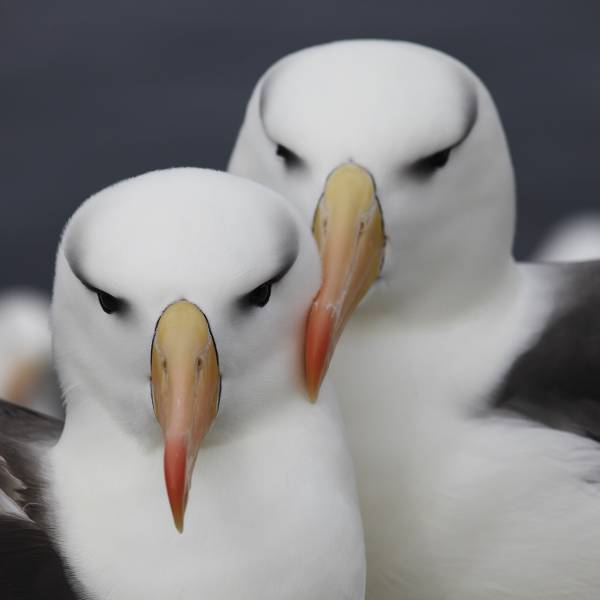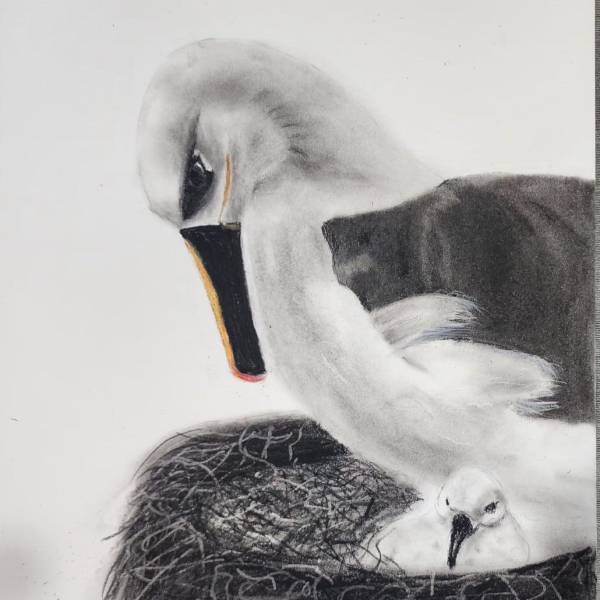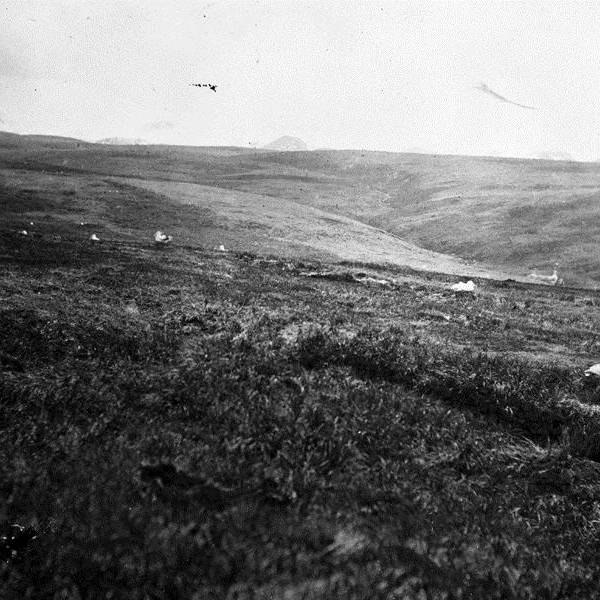Potential risks to ACAP species from unregulated fisheries in the southwest Atlantic Ocean
Project Leader: Ana Carneiro, BirdLife International
Co-investigators: Richard Phillips, British Antarctic Survey Tammy Davies, BirdLife International
Amount awarded: AUD 27,900
Currently the only Regional Fisheries Management Organisations (RFMOs) with authority in the southwest Atlantic Ocean north of the Antarctic Polar Front are the International Commission for the Conservation of Atlantic Tunas (ICCAT), and the Commission for the Conservation of Southern Bluefin Tuna (CCSBT), although very few southern bluefin tuna have been caught in the region since 2000. However, ICCAT only manages fisheries targeting tuna and tuna-like species, as well as sharks caught by tuna fleets. Several other important fisheries in the area targeting species such as squid, hake and Patagonian toothfish using trawlers or longliners are not currently regulated by any international body, even though a substantial proportion of the fishing effort is in the High Seas.
The threat posed by these fleets which operate outside the authority of a RFMO is high in terms of seabird bycatch and potentially also intentional take. Our project seeks to address this major knowledge gap. Our objectives are to:
1) Investigate the fleets that operate in international waters in the southwest Atlantic Ocean in terms of gear types, flag states, vessel operational characteristics and seasonality in effort.
2) Determine the threat posed by the emergence of new fleets.
3) Quantify the number of vessels by fishing gear and flag that are not obligated to use mitigation measures.
4) Quantify the threat that unregulated fleets pose to ACAP species through an overlap between fishing activity and seabird tracking data, focusing on ACAP priority populations that are particularly at risk because of steep declines in breeding numbers: wandering albatrosses and white-chinned petrels from southwest Atlantic islands.
5) Prepare a manuscript describing the results for submission to a peer-reviewed journal.
Locations of individual fishing vessels within the study area will be obtained from AIS data collected by the Spire satellite constellation and processed by Global Fishing Watch (GFW), which combines public vessel registries and machine-learning models to 1) identify fishing vessels from AIS transmissions, and 2) detect when they are actively fishing (accuracy >90 %; Kroodsma et al. 2018). In 2021, BirdLife and GFW signed a data sharing and research partnership agreement. Consequently, BirdLife can now query and retrieve data on the location of individual vessels that are not accessible to the public, which represents a vastly more detailed record of fishing activity. We will analyse fishing effort data from 2012-2023 to understand more about the emergence of new fleets in this area and the threat they pose.
Existing seabird tracking data will be combined with data from unregulated fleets through an overlap analysis. Overlap maps will be presented separately for each fishing gear type, flag state, and season, as well as for each seabird life-history stage. AC14 Inf 01 Agenda Item 15.4 5 This project will greatly improve our understanding of susceptibility of ACAP species to bycatch by unregulated vessels in the southwest Atlantic, and inform sustainable fisheries management for the southwest Atlantic (FAO Zone 41).
The compilation of fisheries data for this work will facilitate similar assessments of overlap for other seabird species for which tracking data exist. ACAP

 English
English  Français
Français  Español
Español 


